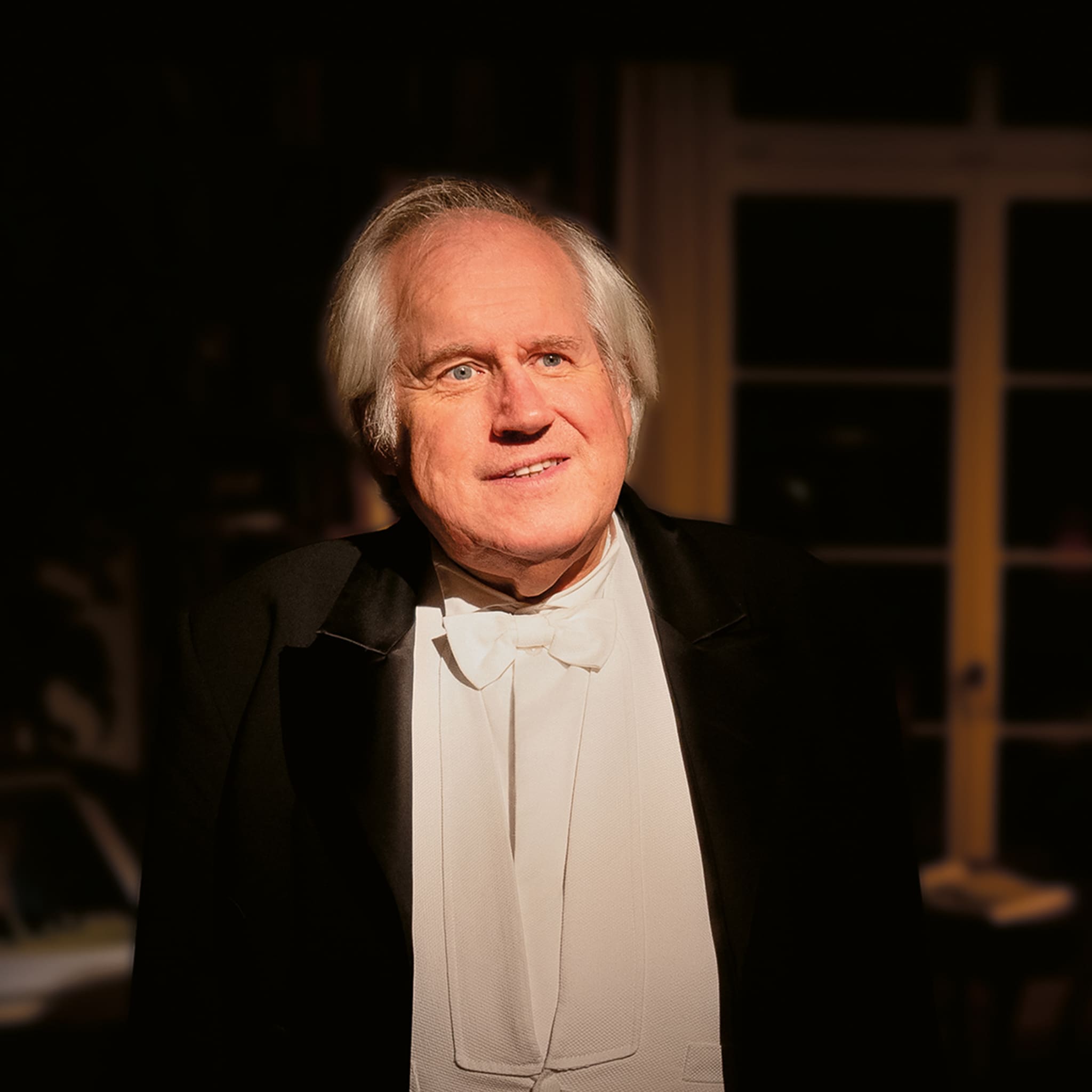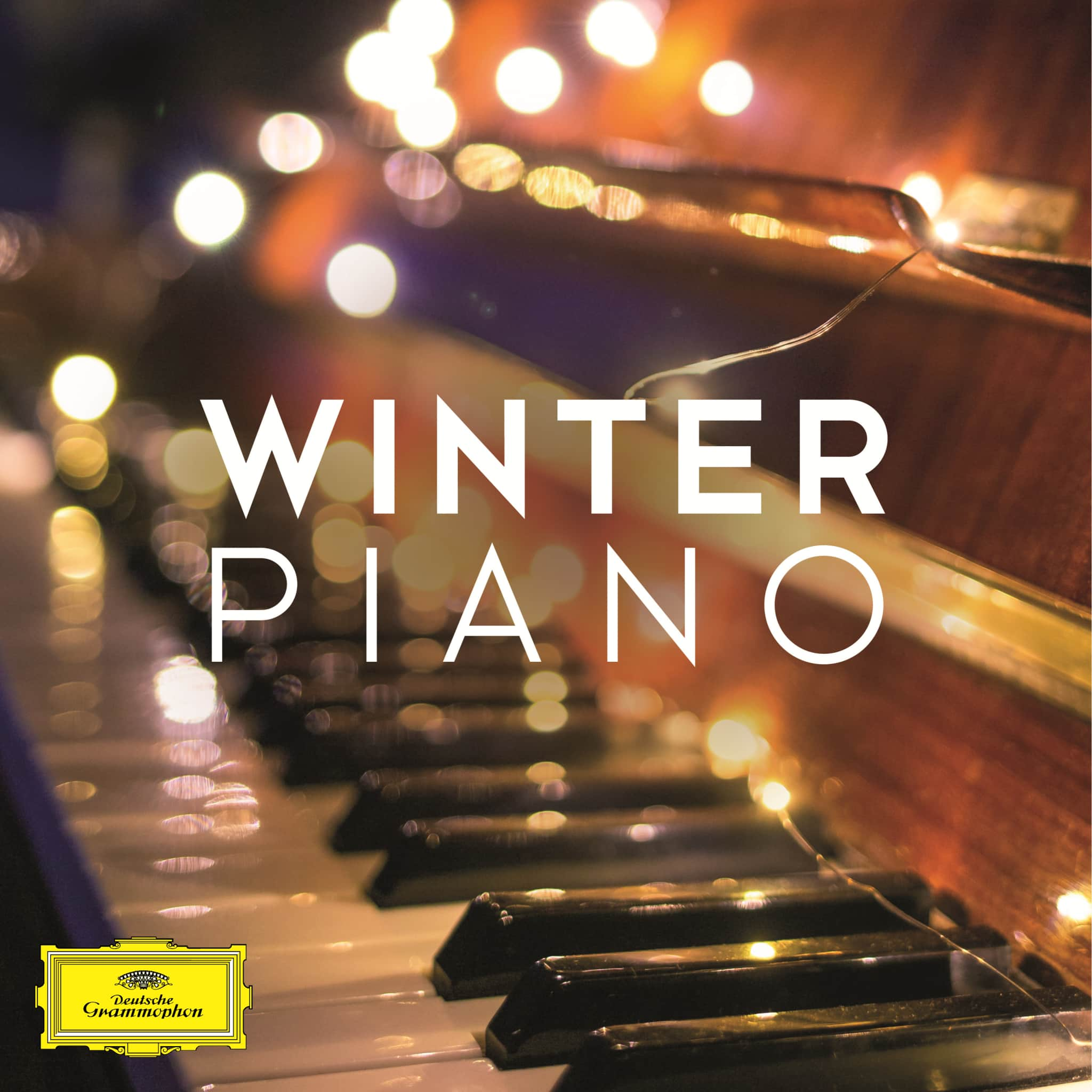Concerts and Operas
Albums
AboutGrigory Sokolov

Music created in the present moment, unique and unrepeatable—that's all that matters to Grigory Sokolov. He has no interest in making studio recordings or playing with orchestras or chamber music ensembles. Instead, he immerses himself for months in his recital programs, which he performs on extensive concert tours across Europe. The poetic interpretations of the Russian pianist are based on his profound knowledge of a vast repertoire. Sokolov's recital programs span the entire history of music, from transcriptions of medieval sacred polyphony and works for keyboard by Byrd, Couperin, Rameau, and Froberger, through the music of Bach, Mozart, Beethoven, Schubert, Schumann, Chopin, and Brahms, to key 20th-century compositions by Prokofiev, Ravel, Scriabin, Rachmaninoff, Schoenberg, and Stravinsky. Among piano enthusiasts, he is widely regarded as the greatest living pianist and is admired as an artist for his creativity, spontaneity, and unwavering devotion to music.
In 2014, Sokolov signed an exclusive contract with Deutsche Grammophon. The partnership, celebrated by a new, enthusiastic audience, reaffirmed his standing among the great musicians of modern times. In January 2015, DG released Sokolov's first album in almost two decades, a sensational recital recorded live at the 2008 Salzburg Festival. The two-CD program features two Mozart sonatas, Chopin's Préludes Op. 28, and encores by J. S. Bach, Chopin, Rameau, and Scriabin, exemplifying the pianist's wide-ranging repertoire. The Salzburg Recital was followed in January 2016 by Sokolov Schubert/Beethoven. It includes, recorded live, Schubert's Impromptus D 899 and three Piano Pieces D 946 at the Warsaw Philharmonic in 2013, as well as Beethoven's "Hammerklavier" Sonata Op. 106 and encores by Rameau and Brahms at the 2013 Salzburg Festival.
Sokolov's third DG album, released in March 2017, presented live performances of Mozart's Piano Concerto in A major, K. 488, recorded during Salzburg's Mozart Week in 2005, and Rachmaninoff's Piano Concerto No. 3, recorded at the BBC Proms in 1995. These historic recordings were accompanied by a DVD featuring Nadia Zhdanova's documentary A Conversation That Never Was, an insightful portrait of the artist.
May 2020 saw the release of another double album featuring a selection of live recordings from three recitals he gave in summer 2019: it includes Beethoven's Sonata No. 3 and Bagatelles Op. 119, Brahms's Opp. 118 and 119, and encores by Brahms, Debussy, Rameau, Rachmaninoff, and Schubert. The album also includes a DVD of a 2017 recital in Turin, featuring sonatas by Mozart and Beethoven and encores by Chopin, Debussy, and Schumann.
The next release presented a recital from 2018. Grigory Sokolov at Esterházy Palace features three Haydn sonatas (G minor Hob. XVI:44, B minor Hob. XVI:32, and C-sharp minor Hob. XVI:36) and Schubert's Impromptus D 935, as well as encores by Schubert, Rameau, Chopin, Griboyedov, and Debussy. The recording was released digitally in April 2022 and as a 2-CD edition plus a Blu-ray with the cinematic concert film by director Nadia Zhdanova.
Sokolov's latest album was released digitally and as a 2-CD set on August 30, 2024, with a 3-LP edition to follow on October 11. The recordings for Grigory Sokolov – Purcell & Mozart were made in summer 2023 at two concerts in Spain: the pieces by Henry Purcell, united into a cycle, were recorded on August 18, 2023, at the Festival Internacional Santander, as were the encores by Rameau, Bach, and Chopin. Mozart's Piano Sonata in B-flat major, K. 333, and the Adagio in B minor, K. 540, were recorded two days earlier in San Sebastián at the Quincena Musical festival.
Grigory Sokolov was born on April 18, 1950, in Leningrad (now St. Petersburg). He began playing the piano at the age of five, and two years later he began his studies with Liya Zelikhman at the Central Music School of the Leningrad Conservatory. He later studied with Moisey Khalfin at the Leningrad Conservatory, and in 1962 he gave his first recital in his hometown. His outstanding talent was recognized in 1965 when he won first prize in the Russian National Competition. The following year, he made headlines beyond the Soviet Union when, at 16, he became the youngest musician ever to receive the coveted Gold Medal of the International Tchaikovsky Competition in Moscow. Emil Gilels, the chairman of the jury, subsequently became a patron of the young Sokolov.
While Grigory Sokolov undertook extensive concert tours to the USA and Japan in the 1970s, his artistic skills continued to develop and mature away from the international spotlight. His live recordings from the Soviet era gained almost mythical status in the West. They bore witness to an artist as unique as any, yet nourished by the rich Russian piano tradition. After the collapse of the Soviet Union, Sokolov began performing in major international concert halls and at festivals. As a concert soloist, he frequently worked with top orchestras, such as the New York Philharmonic, the Royal Concertgebouw Orchestra, the Philharmonia Orchestra, the Bavarian Radio Symphony Orchestra, and the Munich Philharmonic, before ultimately deciding to perform only solo recitals. Sokolov gives about 70 concerts per season; he dedicates himself to a single program, with which he undertakes extensive tours throughout continental Europe.
Unlike many other pianists, Sokolov has a keen interest in the mechanics and setup of the instruments he plays. For hours, he explores their technical characteristics and consults with piano technicians to approach his ideal. "It takes hours to understand a piano, because each has its own personality, and we play together," he explains. The relationship between artist and instrument is crucial for the realization of Sokolov's musical ideas. With sparing use of the sustain pedal, he achieves all effects, from the most subtle tonal and structural nuances to the boldest contrasts, solely through his brilliant fingerwork. Critics regularly point to his astonishing ability to highlight individual voices within a complex polyphonic structure and to bring seamless melodic lines to life.
During a recital, Sokolov brings listeners into close contact with the music to reveal a deeper spiritual meaning beyond all affectation and theatricality. He views many of the conventions associated with a musical career today—not least regarding media work and public relations—as distractions from the actual tasks of studying and making music. The San Francisco Chronicle summarizes the extraordinary qualities of his playing: "Sokolov astonished listeners with a kind of piano playing, musical competence, and artistry that one thought was lost forever."
10/2024













